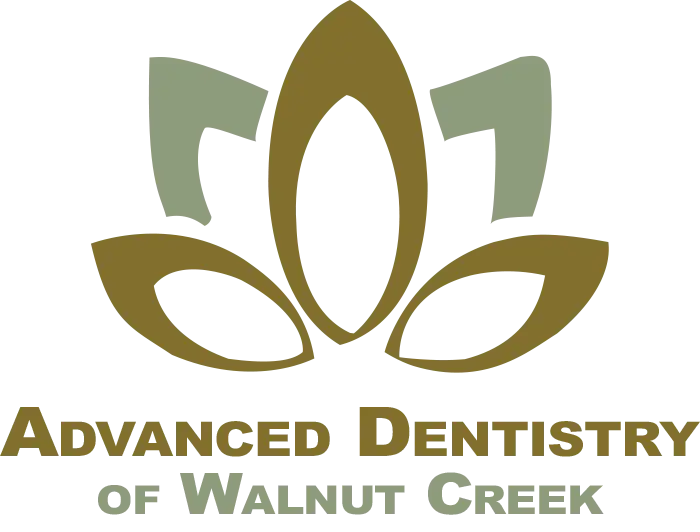![This is a thumbnail image of blog What is the Process for Getting Dental Veneers? This is a thumbnail image of blog What is the Process for Getting Dental Veneers?]()
What is the Process for Getting Dental Veneers?
Apr 28, 2022![This is a thumbnail image of blog Don’t Hold Back Your Smile In A Picture This is a thumbnail image of blog Don’t Hold Back Your Smile In A Picture]()
Don’t Hold Back Your Smile In A Picture
May 04, 2022![This is a thumbnail image of blog Welcome to Advanced Dentistry Of Walnut Creek This is a thumbnail image of blog Welcome to Advanced Dentistry Of Walnut Creek]()
Welcome to Advanced Dentistry Of Walnut Creek
May 09, 2022![This is a thumbnail image of blog Is It Better To Have an Orthodontist Apply Invisalign Aligners Than a General Dentist? This is a thumbnail image of blog Is It Better To Have an Orthodontist Apply Invisalign Aligners Than a General Dentist?]()
Is It Better To Have an Orthodontist Apply Invisalign Aligners Than a General Dentist?
Apr 28, 2022![This is a thumbnail image of blog Dental Emergency? Give Us A Call This is a thumbnail image of blog Dental Emergency? Give Us A Call]()
Dental Emergency? Give Us A Call
May 05, 2022
Getting a Root Canal: How Laser Dentistry Can Help

Getting a Root Canal: How Laser Dentistry Can Help
Laser dentistry can be utilized in root canal therapy to effectively and safely access the infected portion of the root and remove the infected pulp. It is helpful to understand more information about laser dentistry and how it can help when determining if this form of treatment is right for you.
Laser dentistry and root canal therapy
Root canal therapy is often a loud and discomforting procedure, but the process can be made less undesirable with the assistance of laser dentistry. The following is a complete overview of laser dentistry, including what laser dentistry is exactly, what benefits the treatment can offer and when to consider laser dentistry.
What is laser dentistry?
Lasers in dentistry can be utilized in a variety of dental procedures to remove soft or hard tissues. Laser dentistry may also be used to assist in the diagnosis of cavities and as a way to prepare for certain procedures. Laser dentistry is commonly utilized in root canal therapy. It works by emitting an intense and highly-focused light to access the root canal and remove the infected pulp. It is at times used as the sole form of treatment, although laser dentistry is often utilized along with other dental instruments as well.
The benefits of laser dentistry
Every patient who is considering laser dentistry should discuss the benefits and potential drawbacks of the treatment with their dentist. Although the benefits vary for each patient, many patients experience less bleeding than they would with a more traditional root canal therapy. The quieter treatment also helps those with dental anxiety feel more comfortable. There is often also less of a risk of oral infection as the laser can sterilize the affected area.
When to consider laser dentistry
General dentists often recommend laser dentistry to patients in need of a root canal if they have severe dental anxiety. This is because the noise of a drill and other dental instruments may increase the anxiety level of the patient. Lasers are much quieter.
It might be preferable to choose laser dentistry over more traditional methods for root canal therapy if the procedure is less complex. Lasers are effective, but they emit light in a straight line. Oftentimes the areas of infected pulp are complex and require working around the healthy dental pulp, in which case laser dentistry may not be the most ideal solution.
What to expect during laser dentistry
Every dental professional that offers treatment has their own process for performing laser dentistry for root canal therapy. However, the process typically involves using laser therapy to access the diseased portion of the tooth, remove the infected tissue, clean and disinfect the affected area and properly shape the root canal.
Get in touch with a dentist today
You can learn more about how laser dentistry can help when getting a root canal by contacting our dental team today. We can provide answers to all of your questions and give you the key information you need to decide if laser dentistry is right for you.
Are you considering laser dentistry in the Walnut Creek area? Get more information at https://www.dentistrywalnutcreek.com.
Check out what others are saying about our services on Yelp: Read our Yelp reviews.

Working Hours
- MONClosed
- TUE - THU8:30 am - 5:00 pm
- FRI8:30 am - 2:00 pm
- SAT - SUNClosed





comments